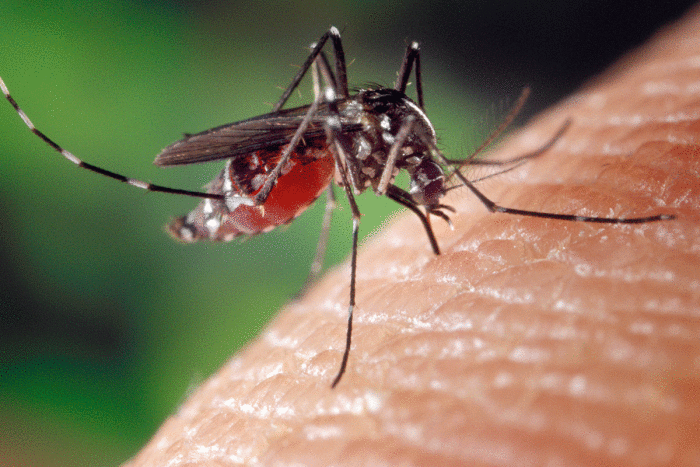Global health conference to highlight life-saving drugs, vaccines
Experts will discuss HIV, Zika virus, cancer drugs and global access, among other topics
 Centers for Disease Control and Prevention
Centers for Disease Control and PreventionMosquito-borne viruses are among the topics that will be discussed at the fourth annual conference of the Washington University Center for Global Health and Infectious Disease.
Scientists from around the globe will meet April 15 to discuss live-saving drugs and vaccines at the fourth annual conference of the Washington University Center for Global Health and Infectious Disease.
Experts will offer talks on topics ranging from HIV to Zika virus to cancer drugs and global access, among others. The event also will include a panel discussion, a poster session and lunch with the speakers.
The conference, at the Eric P. Newman Education Center (EPNEC) on the Medical Campus, is open to all. There is no charge to attend, but attendees who would like lunch need to register by April 8.
“Infectious disease remains on the forefront of the challenges that we face as a society,” said William G. Powderly, MD, the J. William Campbell Professor of Medicine, co-director of the Division of Infectious Diseases at the School of Medicine, and the Larry J. Shapiro Director of the Institute for Public Health. “This conference is important because it will allow us to focus on ways to get drugs and vaccines that save lives to people all over the world.”
Presenters will include experts from Washington University, the University of Liverpool in England and Harvard University. A full list of speakers with brief bios and abstracts is available here.
In addition, students and junior investigators will present their research in global health and infectious disease at the Trainee Oral Symposium April 14 in in Erlanger Auditorium in the McDonnell Medical Sciences Building on the Medical Campus. Also, the Forum for International Health and Tropical Medicine will hold its 18th Annual Global Health Symposium April 16 in Connor Auditorium in the Farrell Learning and Teaching Center on the Medical Campus.
The conference is co-sponsored by the Global Health Center at the Washington University Institute for Public Health, and the School of Medicine’s departments of medicine, molecular microbiology, and pathology and immunology.






